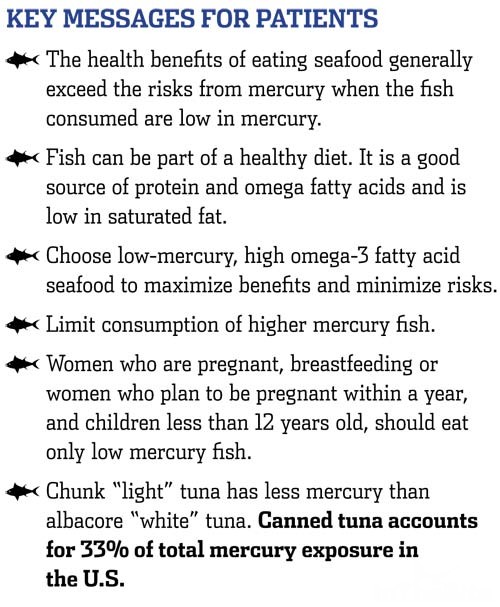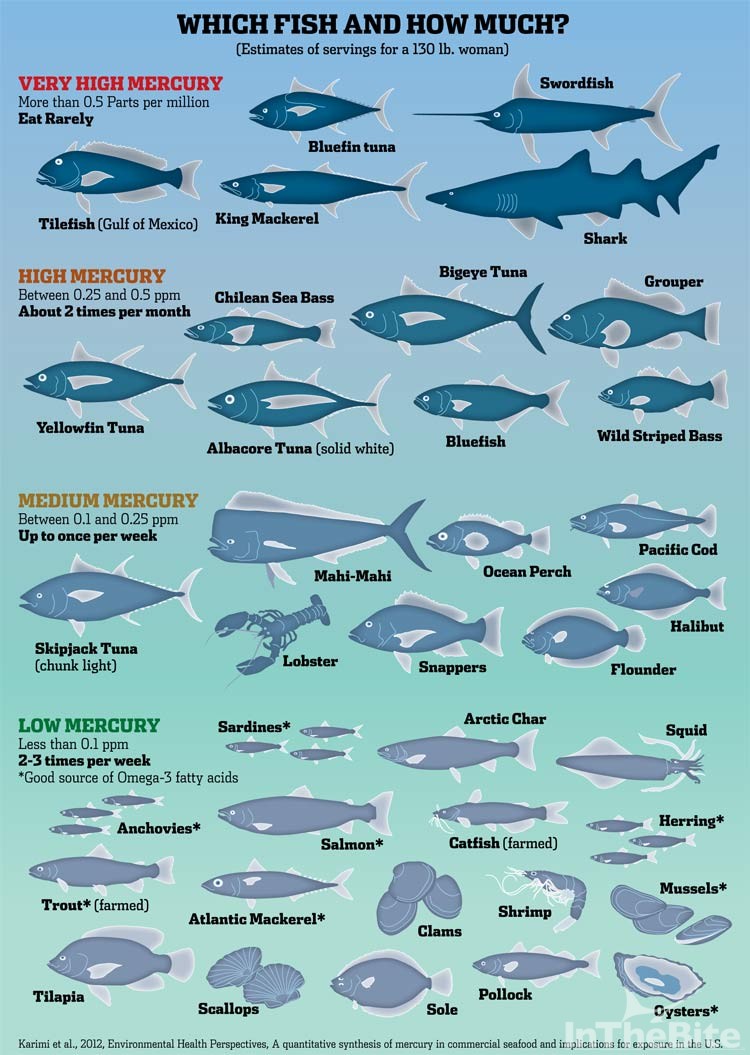
Most of the readers of InTheBite are familiar with Ciguatera, a disease that can be debilitating, or even deadly, to human beings who eat the flesh of some species of reef-dwelling fish. Large predatory fish, ones that eat smaller species of fish, including the ones that have ingested the poisonous part of their grazing lifestyle, can accumulate enormous amounts of the toxin. An angler would never eat enough of the little fish to get into trouble.
But, one large, old, piscine predator may have eaten hundreds, or even thousands, of the small tropical fish that graze directly upon hardy blue-green algae the carries the toxin before being caught by an angler.
Such a fish can have accumulated enough of the toxin to cause severe illness or even death. Anglers visiting from higher latitudes will not have already accumulated the small or large amounts of the toxin that the residents of Florida, the Bahamas, Pacific Islands or the Barrier Reef of Australia already have in their systems. One meal from a fillet off a big old grouper, snapper, mackerel, dogtooth tuna or other reef predators could cause extreme illness or even death to a local but is not likely to do too much harm to a visitor, maybe some stomach cramps and a lot of time running to the head.
 I first became aware of Ciguatera as a kid working on Florida charter boats when it became illegal to sell the flesh of barracuda. Later, in graduate school in Miami, I learned much more about the toxin. Even later my fishing friends in Australia were all aware of it!
I first became aware of Ciguatera as a kid working on Florida charter boats when it became illegal to sell the flesh of barracuda. Later, in graduate school in Miami, I learned much more about the toxin. Even later my fishing friends in Australia were all aware of it!
It was, and still is, a common problem in tropical or subtropical areas, especially those with numerous shipwrecks or islands with certain types of heavy metal ores, including a low-grade copper deposit in the Virgin islands near the famous Baths. Natives of the area will not eat a mutton snapper which is a highly prized food fish in Florida. I learned to prefer smaller snapper, grouper etc. and never did get sick from eating fish. We did not spear the largest coral trout on Australia Great Barrier Reef and referred to them as Ciguatera Monsters!
On a trip to Africa a few years ago a customer of mine turned down some delicious yellowfin tuna sashimi. My mercury level was high, he told me, I ate a lot of tuna.”
So did I, almost daily during my months on the reef, so I asked my doctor in Florida to check my mercury level when I had my annual physical. It was a bit high but not bad enough to worry about. (pure dumb luck on my part and I can be pretty sure it was much higher during my years on the GBR).
A month or so ago I visited an old friend of mine who had been very sick with a huge list of horrible symptoms. Tommy Green, proprietor of the Custom Rod and Reel tackle shop near Merritt’s Boat Yard nearly died and it took a while for him to find out what was wrong. He had a BAD loss of memory, lost fine motor coordination, I kept spilling my coffee he told me, had sleep trouble, high blood pressure, fatigued quickly, felt terrible and much more.
Worse yet, several doctor tests found nothing wrong! Eventually, he was tested for mercury and his levels were off the chart, a result of eating fish twice a day to stay healthy. Tommy gave me a printout from the Safina Center and Stoney Brook University. I nearly fell over when I saw some of the fish I would never have dreamed would be dangerous listed as only to be eaten once in a while!
On Tommy advice, I called Maureen Murphy at Stoney Brook who was a great source of information and gave me permission to refer my readers to be able to download their information. Their basic advice is that the health benefits of eating fish generally exceed the risk if the fish consumed are those that are considered to be LOW in Mercury.
Download the info at safinacenter.org I was shocked at what I found. Some fish I would never have guessed as a risk should only to be eaten once in a while and in small doses!














